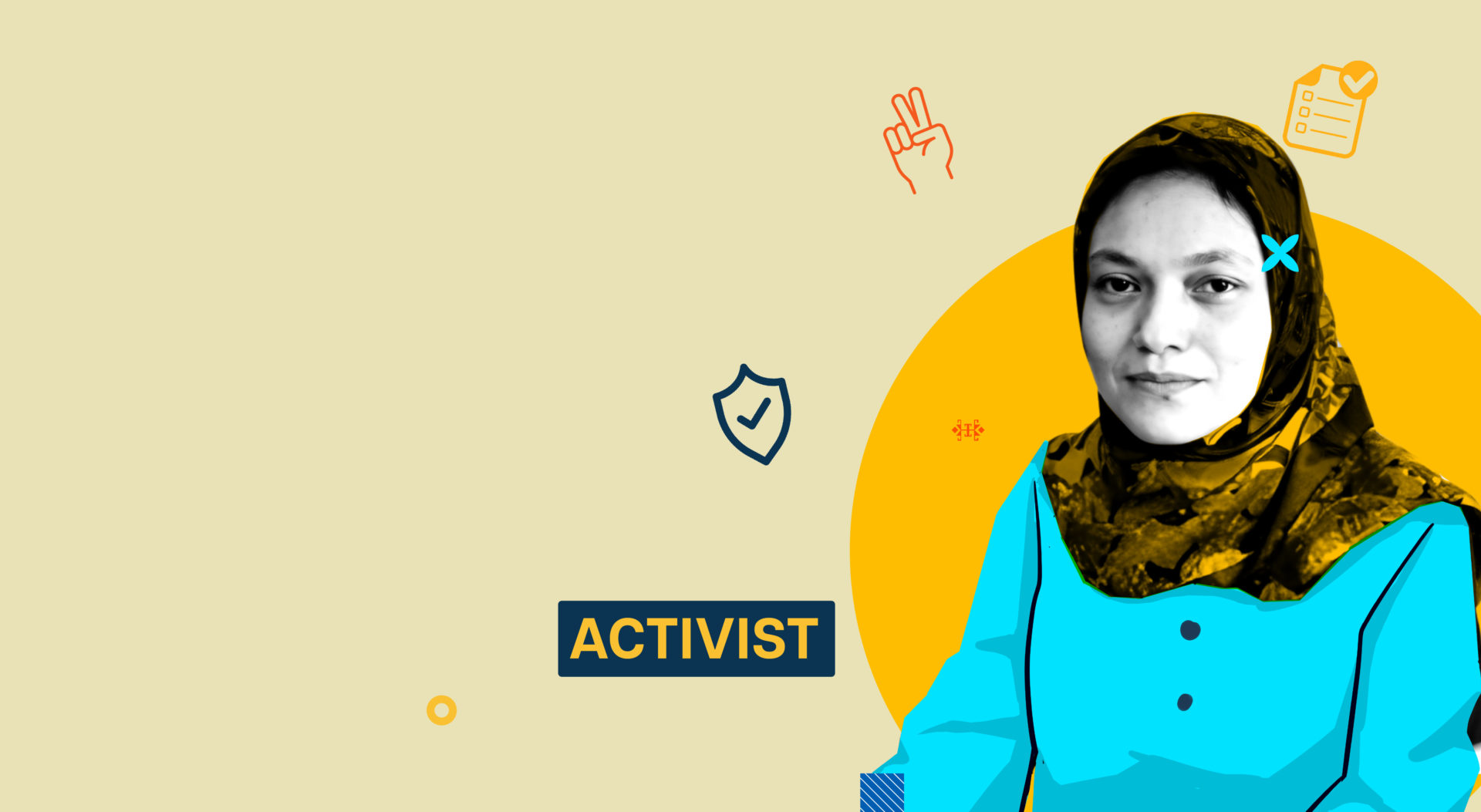Shadia Marhaban is an international mediator and peace and conflict resolution activist from Aceh that has been working for the past 21 years. In our interview, we discuss the Women, Peace, and Security (WPS) agenda and its development within the CSOs context in Southeast Asia. She believes many things have been done in the WPS agenda from a top to bottom perspective. The UN Resolution 1325 regarding the WPS agenda has existed since the 2000s, but the implementation needs more meaningful participation from the targeted audience. The WPS agenda today is also affected by a global shift where critics undermine existing power for classes within society, geopolitical issues where human rights and feminism are challenged by right-wing populism, and the rising economy of the rest.
Thus, Shadia believes in a bottom-up approach that encourages more women’s local perspectives. Instead of socialisation and meetings, she observes that CSOs in the WPS agenda should emphasise more local context, self-development, and voluntarism. Because in her view, CSOs in the WPS agenda would have more longevity if they were not relying too much on donor-driven objectives. Existing models in the peace process haven’t lived up to the expectations when compared to post-conflict realities, where women are still considered additional partners in peacebuilding discussions.
She then recalls her experience in Aceh Women’s League (LINA) as a one of the founders. Many civil initiatives for women in peace and conflict resolution rely upon foreign donors. When the funds dried up in 2016, WPS activities were halted. LINA, however, managed to keep being active by doing much of its activity based on self-development and voluntarism. “I didn’t compensate the participants with much material. Instead, I believe in equipping them with a skill set,” stated Shadia.
She also had a chance to visit the communities of Pattani, Mindanao, and Myanmar, which were also facing similar challenges related to the peace process and post-conflict development. She presents challenges faced by Acehnese during the conflict that became a lesson learned for others in their journey towards peace. “We can learn from each other, not only because of our common identity, it is the idea and lesson that can be used to positively develop the community,” she added.
She believes in three essential aspects for WPS’s agenda in Southeast Asia to thrive. First is the importance of not creating classes among CSOs regarding accessibility to funds and networking. Second is creating economic-based initiatives that led to a strong foundation for women’s communities in rural areas. The third is the development of education that equips women and girls with knowledge and practical skill sets. She closes the segment by emphasising the importance of women in peace and conflict resolution. “Women shouldn’t be a ticking box in their involvement, they should have meaningful participation based on partnership in gender relations.”

